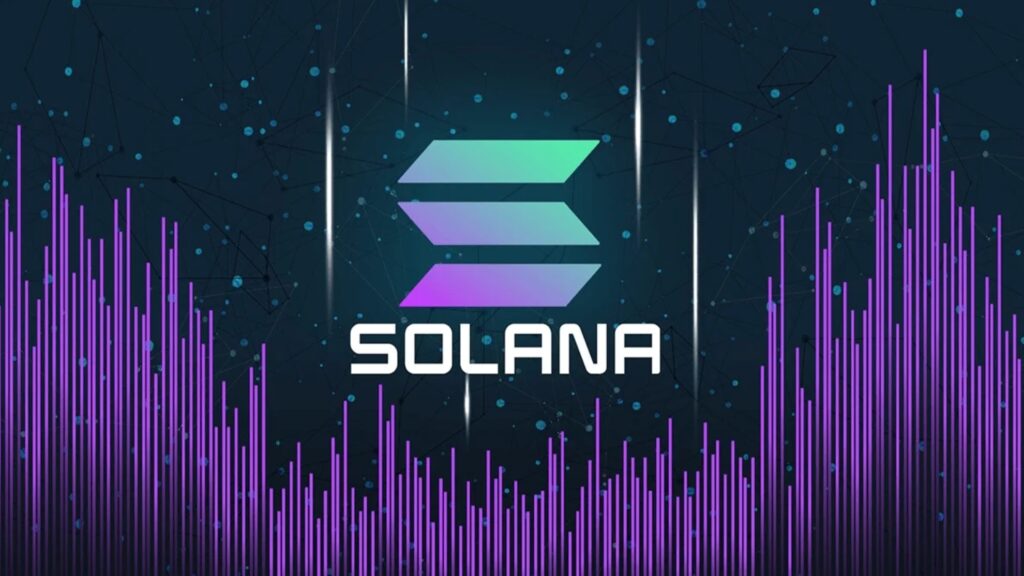Circle unveils Solana programmable wallets, which support the Solana blockchain, enabling integration across its Web3 features in two phases.

Circle is expanding its Web3 services to include support for the Solana blockchain, which will facilitate the implementation of features such as programmable wallets and fueling stations.
The integration will occur in two distinct phases. As per an announcement on June 12, the initial phase will concentrate on sponsored transaction fees through the gas station feature and programmable wallets, enabling developers to manage assets autonomously per predetermined rules.
Circle stated that the second stage will encompass the Smart Contract Platform, facilitating program interactions and non-fungible tokens (NFTs). The transition will ensure that Solana is consistent with the other blockchains already supported by Circle’s Web3 services, including Avalanche, Polygon, and Ethereum.
Smart contracts can be automatically interacted with by programmable wallets. This action implies that duties ordinarily necessitating manual execution, such as executing transactions when specific criteria are satisfied, can be automated.
Fuse Wallet is among the other companies emphasizing the programmability of wallets on Solana, according to an announcement on June 10. The wallet, built on intelligent accounts, is designed to address the issues of dependence on seed phrases, limited options for asset recovery, and restricted customization of rules and parameters for on-chain interactions. It also supports programmability.

Solana Overview In 2024
In recent months, Solana has experienced increased activity and numerous integrations with other protocols. Hello Moon reports that the Solana blockchain’s total number of active addresses attained an all-time high of 41.5 million in May.
Following this, Circle cited the Solana developer community’s remarkable development as one of the reasons for supporting blockchain.
Therefore, the network has been preparing for significant enhancements, such as the Firedancer upgrade, scheduled for 2025, to meet the increasing demand. This upgrade will improve Solana’s scalability and eliminate the network’s downtime. Solana was unavailable for nearly five hours during a recent disruption.
“One of the primary objectives of the Solana Foundation’s DePIN lead, Kuleen Nimkar, is to ensure that Firedancer is operational,” she stated in a recent interview with Cointelegraph. Jump Crypto is currently developing Solana’s independent validator client.
PayPal was one of the most recent organizations supporting Solana’s ecosystem. On May 29, the fintech company implemented its stablecoin, PayPal USD, to enhance its functionality for daily transactions.
